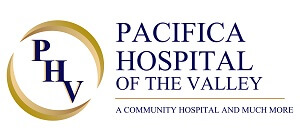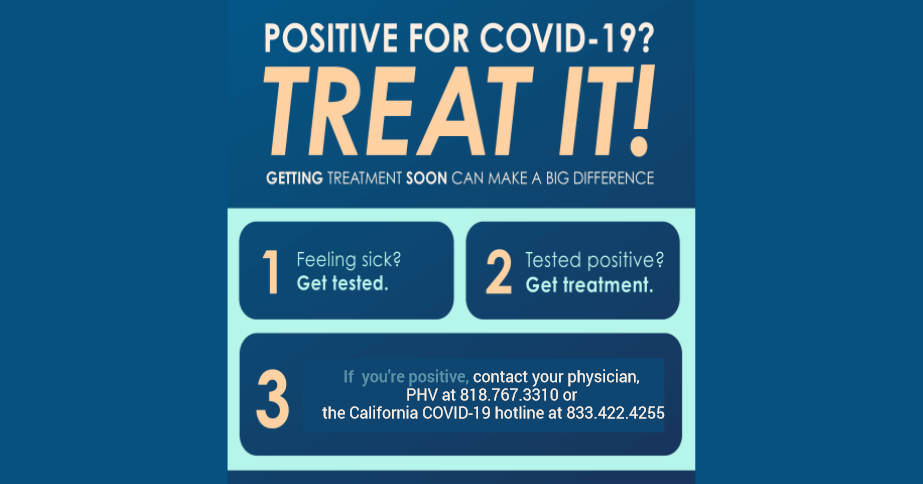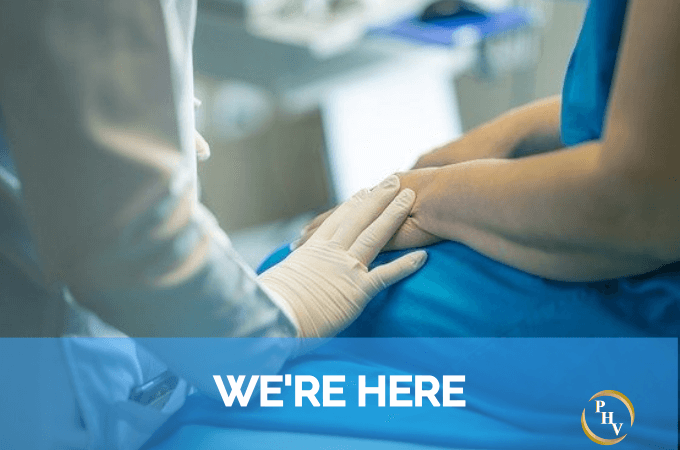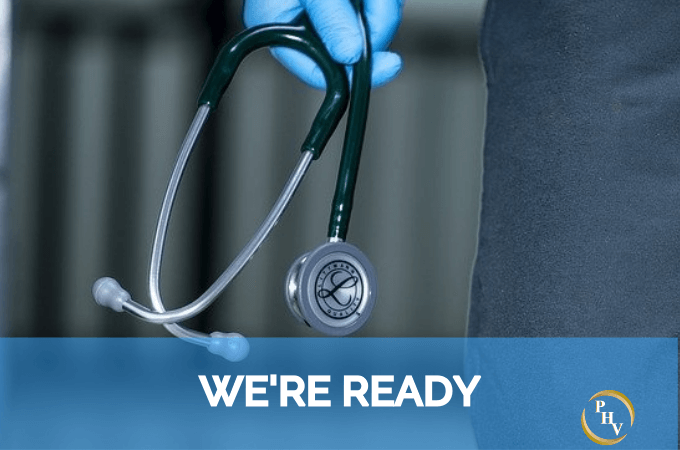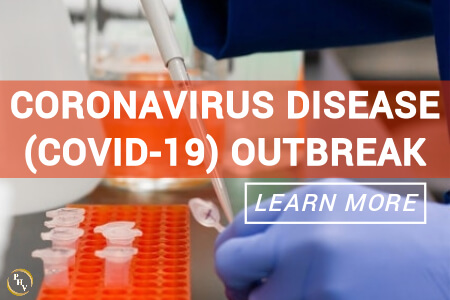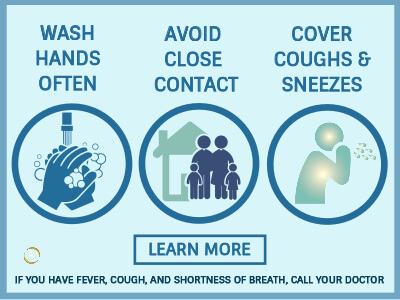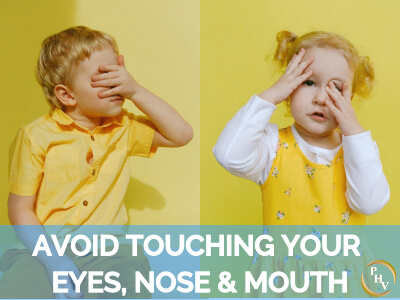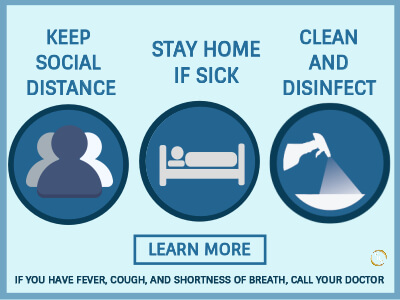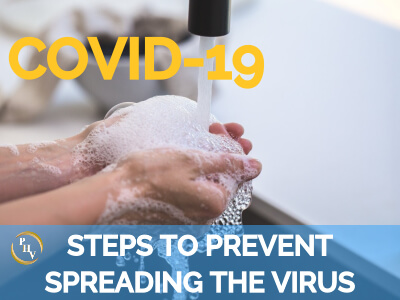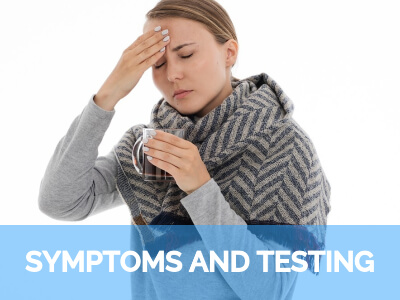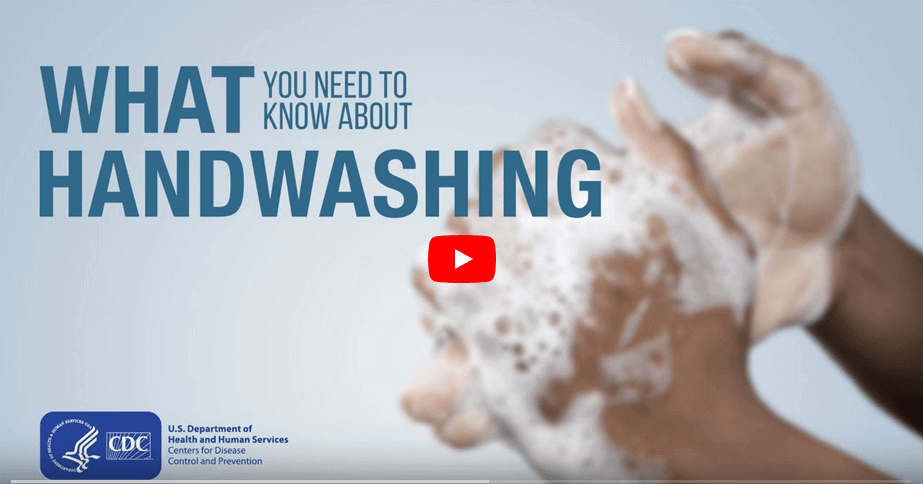The SMARTER Plan is the next phase of California’s COVID-19 response
What SMARTER stands for
We’re using the lessons of the last two years to prepare for future COVID-19 surges or variants.
Read The SMARTER Steps one-page summary
SMARTER stands for:
- Shots – Vaccines are the most powerful weapon against hospitalization and serious illness.
- Masks – Properly worn masks with good filtration help slow the spread of COVID-19 or other respiratory viruses.
- Awareness – We will continue to stay aware of how COVID-19 is spreading, evolving variants, communicate clearly how people should protect themselves, and coordinate our state and local government response.
- Readiness – COVID-19 is not going away, and we need to be ready with the tools, resources and supplies we will need to quickly respond and keep public health and the healthcare system well-prepared.
- Testing – Getting the right type of tests—PCR or antigen—to where they are needed most. Testing will help California minimize the spread of COVID-19.
- Education – California will continue to work to keep schools open and children safely in classrooms for in-person instruction.
- Rx – Evolving and improving treatments will become increasingly available and critical as a tool to save lives.
The SMARTER Plan is not just for COVID-19. We can use these strategies and systems for future emergencies. We’ll improve the SMARTER Plan as we learn what works.
Read more HERE
